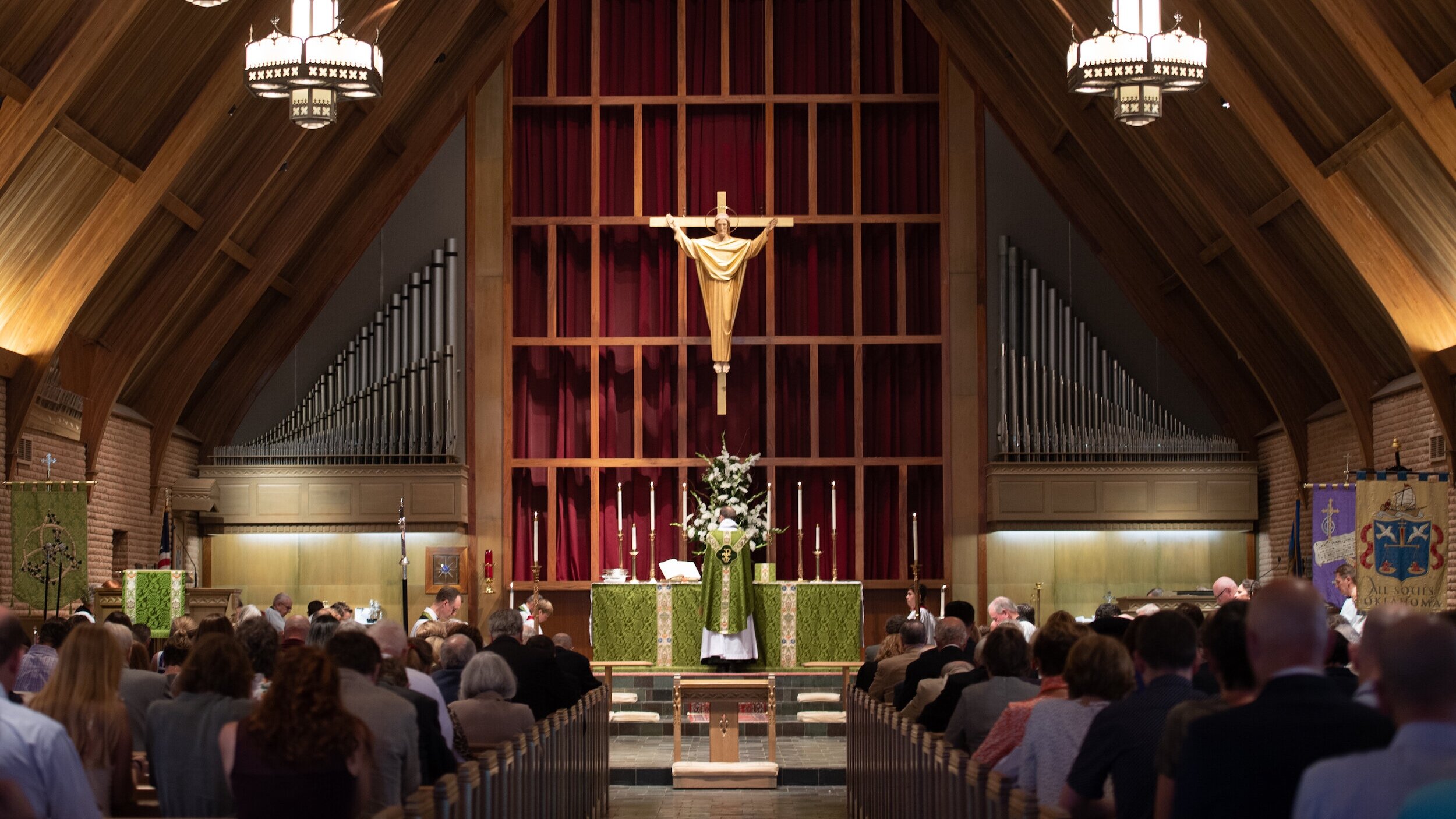
Welcome to The Three Legged Stool
Join the conversation as we explore the Bible together incorporating scripture, tradition, and reason.
Featured Study
Each week we will take on a new study as part of the Gospel Project. See below for this week’s lesson!
- God’s Provision for Redemption (Leviticus 16)
Leviticus: A Holy God and a Way to Draw Near
Main Passage: Leviticus 16 (The Day of Atonement)
Key Question: How can sinful people dwell in the presence of a holy God?
I. Connecting to Exodus
- In Exodus, Israel builds the tabernacle, and God’s presence fills it (Ex. 40:34-38).
- But a problem remains: How can sinful people approach a holy God?
- Leviticus provides the answer: Through atonement, God makes a way for His people to remain in His presence.
II. The Day of Atonement (Leviticus 16)
Key Features:
- The High Priest’s Role
- Only the high priest (Aaron) can enter the Holy of Holies.
- He must offer a sacrifice for his own sins first (Lev. 16:6).
- The Two Goats: Atonement and Removal of Sin
- Goat #1: The Sin Offering (Lev. 16:15-19)
- Blood sprinkled on the mercy seat = atonement for sin.
- Goat #2: The Scapegoat (Lev. 16:20-22)
- The priest lays hands on it, confessing Israel’s sins.
- The goat is sent into the wilderness = sin is removed.
- Goat #1: The Sin Offering (Lev. 16:15-19)
Why Two Goats?
- One represents payment for sin (propitiation).
- The other represents the removal of sin (expiation).
III. How Leviticus 16 Points to Jesus
- Jesus is the Greater High Priest (Hebrews 9:11-12, 7:26-27)
- Unlike Aaron, Jesus does not need to offer sacrifices for Himself.
- He enters the true Holy of Holies—heaven itself—to make atonement.
- Jesus is the Ultimate Sacrifice (Hebrews 10:1-4, John 1:29)
- His blood removes sin permanently, unlike the temporary animal sacrifices.
- Jesus is our Scapegoat (Hebrews 13:12)
- He bears our sins and is “sent outside the camp” to suffer for us.
IV. Application & Discussion Questions
- What does the Day of Atonement teach us about God’s holiness?
- How does Jesus fulfill and surpass the Levitical system?
- How should we live as people who have been atoned for?
Final Thought
Leviticus answers Exodus’ problem—how can God dwell with a sinful people? The Day of Atonement provided a temporary solution, but Jesus fulfills it once and for all. Through Him, we confidently enter God’s presence (Hebrews 4:14-16).
Next week, as we enter Numbers, we will see how Israel moves forward as a people called to holiness.